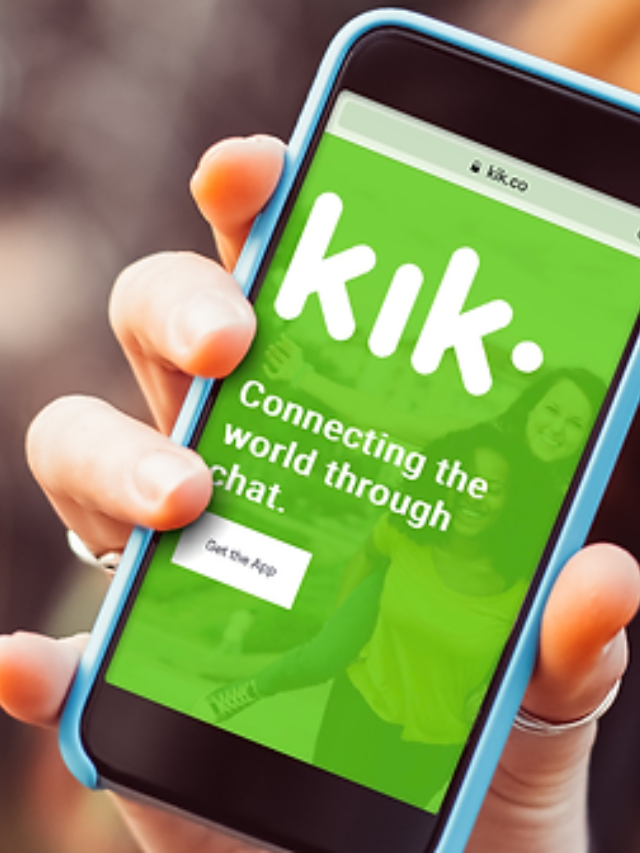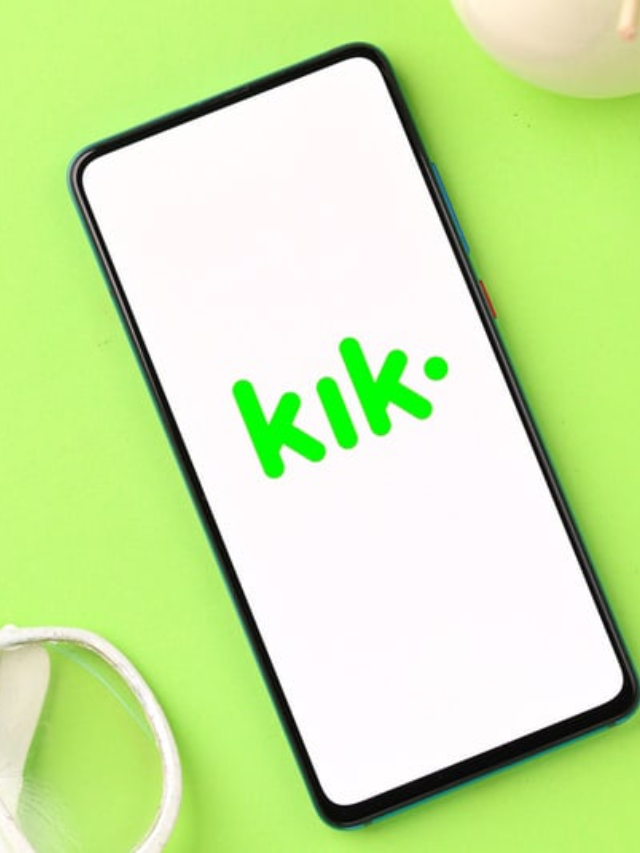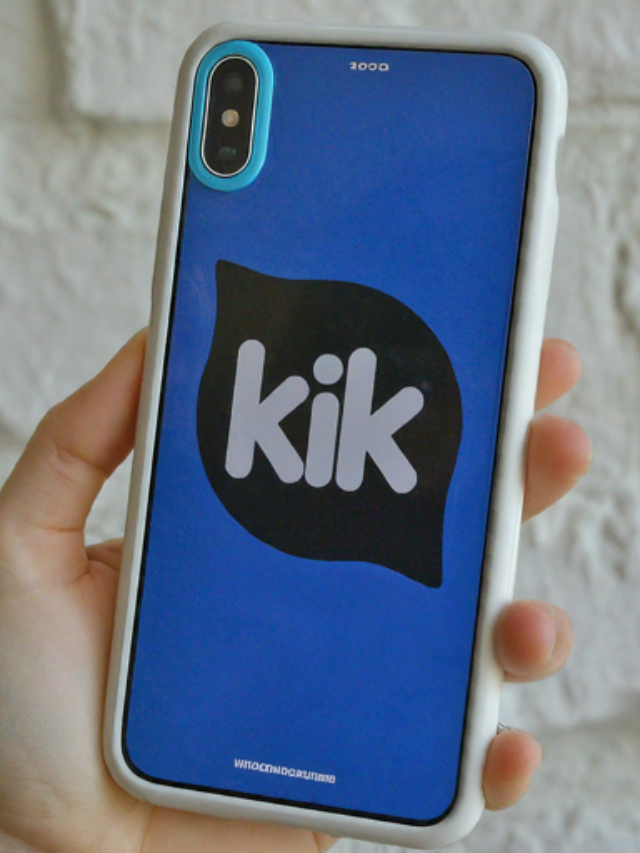
A Platform for Anonymity
Launched in 2010, Kik offered username registration, unlike phone number-based verification common in other apps. This anonymity attracted a young user base seeking privacy.

Features that Stood Out: Games, Bots, and Stickers
Kik differentiated itself with in-app games, chatbots, and a vast library of stickers, catering to a playful and interactive communication style.

The Dark Side of Anonymity: Safety Concerns
Anonymity also attracted negative attention. Kik faced criticism for cyberbullying, harassment, and the spread of inappropriate content, raising safety concerns.

The Fall from Grace: Legal Issues and Changing Trends
Legal battles over user data and content moderation, coupled with the rise of strong competitors like iMessage and Snapchat, led to a decline in Kik's user base.

The Future of Kik: Uncertain, Yet Potential for Innovation
Kik's future remains uncertain. However, its past innovations in anonymity, interactive features, and a focus on a younger demographic hold potential for future reinvention.

Learning from Kik: The Importance of User Safety
Kik's story highlights the importance of balancing user privacy with robust safety measures. Future messaging apps can learn from this to create a safe and secure communication experience.

The Evolving Messaging Landscape: User Choice and New Technologies
The US messaging landscape is diverse, with users choosing apps based on features, security, and compatibility. New technologies like encryption and blockchain could further shape the future of messaging.

Kik's Legacy and the Road Ahead
Kik's impact on US messaging is undeniable. While its future is uncertain, it serves as a reminder of the constant evolution of communication and the need for innovation that prioritizes both user experience and safety.